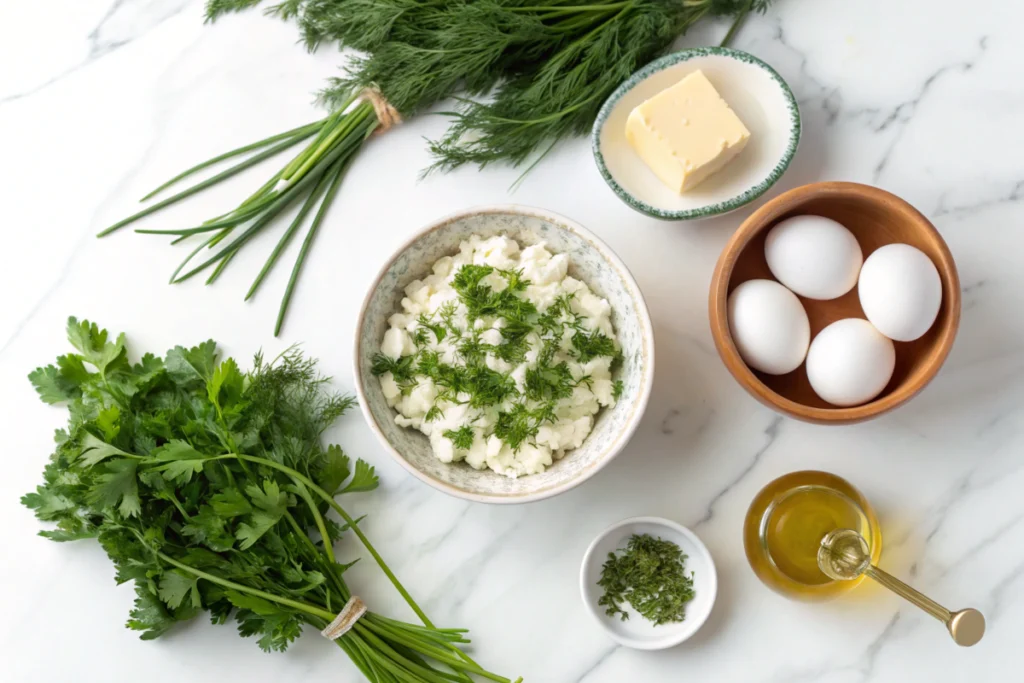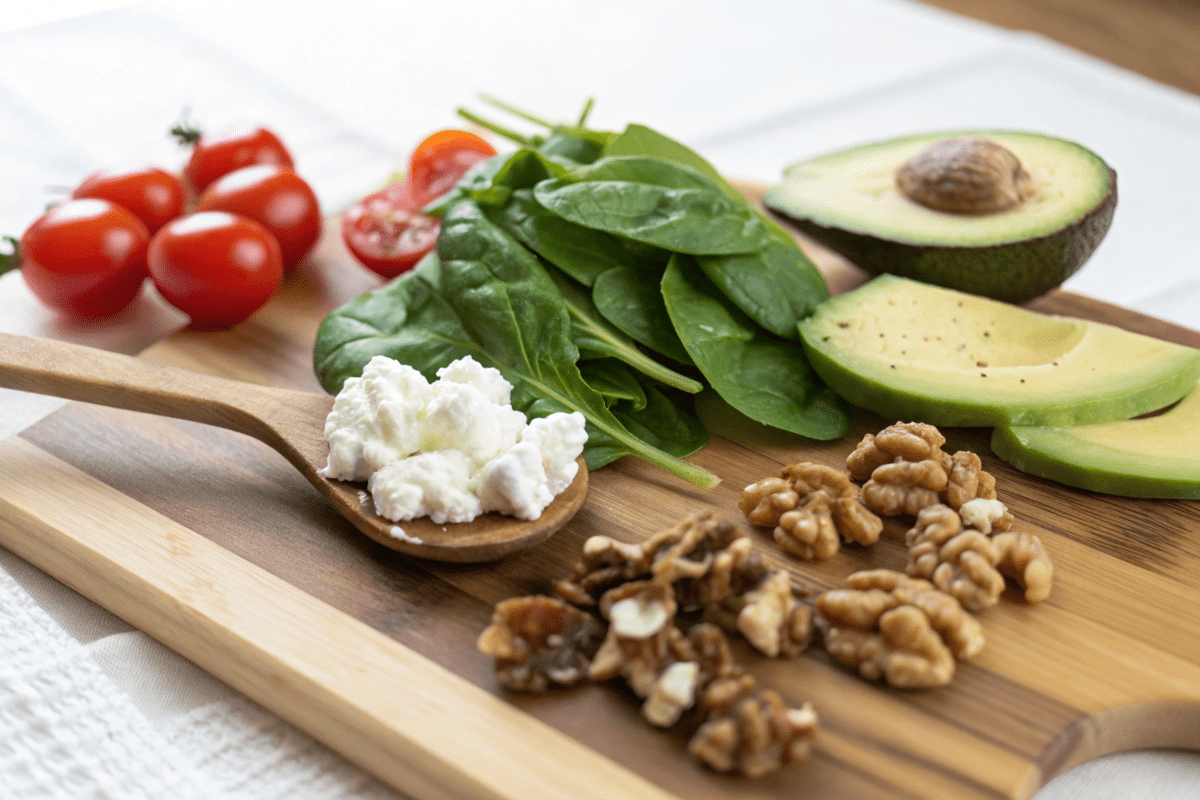Introduction: Is Cottage Cheese Anti-Inflammatory?
Cottage cheese is a staple in many diets, celebrated for its creamy texture, high protein content, and versatility in both sweet and savory dishes. But beyond its culinary appeal, an important question arises: is cottage cheese anti inflammatory? This question holds significance because inflammation is a root cause of numerous chronic illnesses, including heart disease, diabetes, and arthritis. Therefore, understanding how this beloved dairy product impacts your body is crucial for making informed dietary choices.
In recent years, the role of diet in managing inflammation has become a hot topic among health enthusiasts and medical professionals. Foods rich in antioxidants, omega-3 fatty acids, and certain vitamins are often touted as anti-inflammatory powerhouses. On the other hand, some argue that dairy products, including cottage cheese, may contribute to inflammation, especially in individuals with lactose intolerance or dairy sensitivities. However, research suggests that the relationship between cottage cheese and inflammation is more nuanced than these generalizations imply.
This article will explore whether cottage cheese is truly anti-inflammatory by delving into its nutritional composition, health benefits, and potential effects on the body. In addition, you’ll discover how to incorporate it into your diet to maximize its benefits while minimizing any drawbacks. Whether you’re looking to improve your overall health, reduce inflammation, or simply learn more about this popular food, this guide will provide valuable insights.
Finally, as you read, keep in mind that dietary choices are highly individual. While cottage cheese may work wonders for some, others may need to find alternatives. By the end of this article, you’ll have a clear understanding of whether cottage cheese aligns with your health goals.
Nutritional Profile of Cottage Cheese: Can It Be Anti-Inflammatory?

To answer the question, “Is cottage cheese anti inflammatory?” we need to explore its nutritional content. Cottage cheese is packed with essential nutrients that make it a healthy addition to many diets. While not traditionally considered a direct anti-inflammatory food, its components contribute to overall health, which can help manage inflammation.
Rich in Protein and Amino Acids
One of the most notable features of cottage cheese is its high protein content. Protein helps repair tissues and supports muscle health. Inflammation often arises from injuries or chronic conditions, so consuming protein-rich foods can aid recovery.
Quick Tip: Opt for low-sodium varieties of cottage cheese. Excess sodium can contribute to water retention and potentially exacerbate inflammation.
Low in Lactose Compared to Other Dairy
Cottage cheese contains less lactose than milk or soft cheeses. For individuals sensitive to lactose, this makes it a gentler choice. Reduced irritation in the digestive tract may help lower inflammation in some people.
Contains Calcium for Bone Health
Calcium is a key mineral found in cottage cheese. It supports bone strength and may reduce inflammation linked to conditions like osteoporosis. Furthermore, maintaining adequate calcium levels is essential for reducing the risk of bone-related disorders.
Potential Probiotic Benefits
Some cottage cheese brands include live probiotic cultures. Probiotics help maintain gut health, and a healthy gut is closely linked to reduced systemic inflammation.
Pro Tip: Look for “live and active cultures” on the label if you want the added probiotic benefits.
How Cottage Cheese Fits into an Anti-Inflammatory Diet

Incorporating cottage cheese into an anti inflammatory diet is easy, thanks to its versatility. It pairs well with many foods that are rich in antioxidants, vitamins, and healthy fats, which further combat inflammation.
Pairing with Anti-Inflammatory Ingredients
- Fresh Berries
Add blueberries or strawberries to your cottage cheese. These fruits are high in antioxidants, which help reduce inflammation in the body. - Nuts and Seeds
Sprinkle chia seeds, flaxseeds, or walnuts on top. These contain omega-3 fatty acids, which are well-known for their anti-inflammatory properties. - Leafy Greens
Combine cottage cheese with spinach or kale. These greens are rich in vitamins like A, C, and K, all of which are beneficial for reducing inflammation.
Avoid Inflammatory Add-Ins
While cottage cheese is generally healthy, pairing it with processed foods or sugary toppings may negate its benefits. Stick to whole, natural ingredients to maximize its positive effects.
Does Cottage Cheese Reduce Inflammation?
While cottage cheese isn’t classified as a direct anti-inflammatory food like turmeric or fatty fish, it can support a diet aimed at reducing inflammation. Its low lactose content, high protein levels, and potential probiotic benefits make it a valuable component of a balanced diet.
Key Takeaway: Cottage cheese alone won’t eliminate inflammation, but when combined with other anti-inflammatory foods, it can play a supportive role in managing chronic inflammation.
With its flexibility, nutritional value, and compatibility with various ingredients, cottage cheese is a fantastic addition to your meals. When used thoughtfully, it contributes to a diet that promotes overall health and reduces the risk of inflammation-related conditions.
How Cottage Cheese Fits into an Anti-Inflammatory Diet
Cottage cheese can easily be incorporated into an anti inflammatory diet. While it may not be a superfood on its own, it works well when combined with other anti-inflammatory ingredients. With its creamy texture and mild flavor, it pairs beautifully with fresh vegetables, fruits, and healthy fats, creating balanced meals.
1. Pair Cottage Cheese with Fresh Fruits
Fruits like blueberries, strawberries, and oranges are packed with antioxidants. These compounds help fight free radicals in the body, which can reduce inflammation over time.
Tip: Add a handful of berries to your cottage cheese for a sweet, anti-inflammatory snack. Not only will it taste great, but it will also boost your meal’s nutritional value.
2. Add Healthy Fats for Extra Benefits
Healthy fats, such as those found in avocados, walnuts, and flaxseeds, are known for their anti-inflammatory properties. Pairing these with cottage cheese can make your meal more satisfying and nutritious.
Pro Tip: Sprinkle flaxseeds or chia seeds on your cottage cheese. This will not only enhance the texture but also provide omega-3 fatty acids, which are great for reducing inflammation.
3. Mix with Leafy Greens for More Nutrients
Leafy greens like spinach and kale are packed with vitamins that support the body’s ability to fight inflammation. When paired with cottage cheese, they create a meal that’s both healthy and delicious.
Quick Fact: Spinach is rich in vitamin K, which has been shown to help manage inflammation. Add a handful to your cottage cheese for an easy lunch.
Is Cottage Cheese Anti-Inflammatory by Itself?
Cottage cheese, while not a primary anti inflammatory food like fatty fish or turmeric, can play a supportive role in reducing inflammation. This is because of its high protein content, potential probiotics, and low lactose levels.
Key Takeaway: Cottage cheese works best as part of a balanced meal. Combine it with other anti-inflammatory ingredients to get the most out of it.
Quick Tips for Adding Cottage Cheese to Your Meals
- Sweet Snack Idea
Top your cottage cheese with a drizzle of honey and a few walnuts. The natural sweetness pairs perfectly with the creaminess. - Savory Option
Spread cottage cheese on whole-grain toast, then add sliced tomatoes and a sprinkle of black pepper. - Probiotic Power
Always check the label for live and active cultures. These probiotics support gut health, which is closely linked to managing inflammation.
Common Mistakes to Avoid

Adding Too Much Salt
Excess sodium can counteract the anti-inflammatory benefits of a healthy meal. Cottage cheese can already be salty, so avoid adding more.
Tip: Choose low-sodium options when buying cottage cheese. This helps keep your meal heart-friendly and inflammation-friendly.
Pairing with Sugary Foods
Although it’s tempting to add sugary jams or syrups, these can increase inflammation in the body.
Pro Tip: Opt for fresh fruits or natural sweeteners like honey instead.
Simple Anti-Inflammatory Recipes with Cottage Cheese
1. Berry and Cottage Cheese Bowl
- Ingredients:
1 cup of cottage cheese, ½ cup of blueberries, 1 tbsp of flaxseeds, and a drizzle of honey. - Instructions:
Combine all ingredients in a bowl. Stir gently and enjoy as a light, refreshing snack.
2. Avocado and Cottage Cheese Toast
- Ingredients:
1 slice of whole-grain bread, ½ an avocado, and ¼ cup of cottage cheese. - Instructions:
Toast the bread. Spread the avocado, then top with cottage cheese and a pinch of chili flakes.
By using these tips and recipes, you can easily include cottage cheese in your anti-inflammatory diet. Transitioning to healthier food choices doesn’t have to be complicated. In fact, small, consistent changes, like adding cottage cheese to your meals, can make a big difference over time.
Nutritional Benefits of Cottage Cheese
Cottage cheese is more than just a tasty treat; it’s also packed with essential nutrients that support overall health. Its high protein content, low calorie count, and array of vitamins and minerals make it a smart choice for many diets. In addition, its versatility allows people with varying dietary needs to incorporate it easily into their meals.
High Protein Content
One of the standout benefits of cottage cheese is its rich protein content. Just one cup provides over 25 grams of protein, making it a great choice for building and repairing muscles. Therefore, athletes and fitness enthusiasts often include it in their diet plans to support their performance and recovery.
Low in Calories and Fat
Cottage cheese is naturally low in calories, especially in non-fat or low-fat varieties. A single serving typically contains fewer than 200 calories, making it ideal for weight management. However, full-fat versions provide healthy fats, which can help those looking for more energy-dense options.
Rich in Calcium and Phosphorus
Cottage cheese offers an excellent source of calcium and phosphorus, which are vital for maintaining strong bones and teeth. In addition, these minerals play a role in nerve function and muscle contractions, contributing to overall physical well-being.
Beneficial for Gut Health
Some brands of cottage cheese are fortified with probiotics, which support gut health by promoting a healthy balance of bacteria in the digestive system. Thus, choosing probiotic-rich cottage cheese can improve digestion and enhance your immune system.
Helps Manage Blood Sugar Levels
Cottage cheese has a low glycemic index, meaning it doesn’t cause significant blood sugar spikes. This makes it a good option for individuals managing diabetes or insulin resistance. On the other hand, pairing it with high-fiber foods like vegetables or whole grains can further stabilize blood sugar levels.
Cottage Cheese in Specialized Diets
Cottage cheese fits well into various specialized diets due to its high nutritional value and adaptability. Whether you’re managing a health condition or following a specific eating plan, this dairy product can serve as a versatile ingredient. In addition, it offers a satisfying combination of protein, vitamins, and minerals that support many dietary goals.
Low-Carb and Keto Diets
Cottage cheese is a natural choice for low-carb and ketogenic diets. With only a small amount of carbohydrates per serving, it aligns perfectly with the goals of reducing carbohydrate intake. Pair it with avocado or nuts for added fats. Therefore, it provides both satiety and energy without causing blood sugar spikes.
High-Protein Diets
For those focused on increasing protein consumption, cottage cheese stands out as an easy addition to meals. Add it to omelets, smoothies, or snacks to meet your daily protein needs. However, opt for plain varieties to avoid added sugars that may reduce the nutritional benefits.
Vegetarian Diets
Cottage cheese is a staple in vegetarian diets due to its plant-friendly protein source. Mix it with vegetables, whole grains, or legumes for a complete meal. Thus, it supports vegetarians in achieving balanced nutrition without relying on meat.
Weight Loss Plans
Many people include cottage cheese in their weight loss plans because of its low-calorie and high-protein profile. Eating cottage cheese as a snack or meal replacement can help control hunger and manage calorie intake. On the other hand, portion control is key, as larger servings may increase calorie consumption.
Diabetic-Friendly Diets
Cottage cheese is also a smart option for diabetics because of its low glycemic index. Combine it with foods like berries or leafy greens for a blood sugar-friendly meal. In addition, it contains protein, which slows down the absorption of sugar into the bloodstream.
FAQs About Cottage Cheese
Cottage cheese is made by curdling milk using an acid or enzyme, then draining the whey to form curds. It typically contains milk, salt, and sometimes cream for added richness.
Yes, cottage cheese is a good source of protein, calcium, and essential nutrients. However, its sodium and fat content can vary depending on the type, so it’s important to choose a variety that fits your dietary needs.
Cottage cheese usually lasts 7–10 days when stored in the refrigerator. In addition, check the expiration date and avoid eating it if it smells sour or develops mold.
Some lactose-intolerant individuals can tolerate small amounts of cottage cheese. On the other hand, there are lactose-free options available for those with severe sensitivities.
Unlike aged cheeses, cottage cheese is fresh, meaning it’s not fermented or aged. Therefore, it has a mild flavor and a soft, creamy texture.
While you can freeze cottage cheese, it may change in texture, becoming less creamy. Thus, it’s better to use it in cooked dishes after freezing.
Cottage cheese can be eaten plain, mixed with fruits, added to salads, or used in recipes like pancakes, dips, and baked dishes. In addition, it pairs well with both sweet and savory ingredients.
Look for signs like an off smell, a sour taste, or visible mold. However, always store it properly to extend its freshness.
Cottage cheese is rich in protein and calcium while being low in calories, especially in low-fat or non-fat versions. Therefore, it’s a popular choice for weight loss and fitness diets.
Cottage cheese has a relatively low environmental footprint compared to aged cheeses because it requires less processing and storage time.

